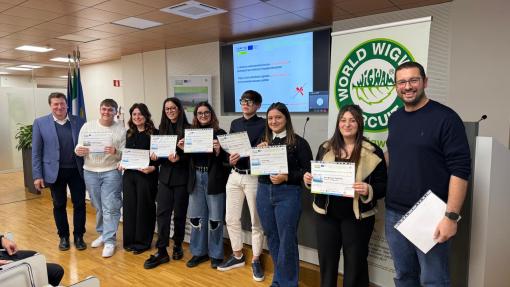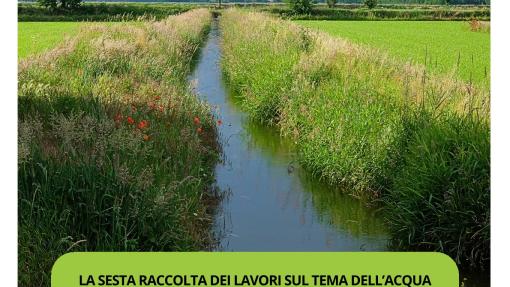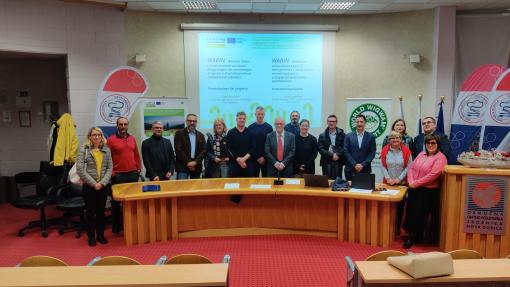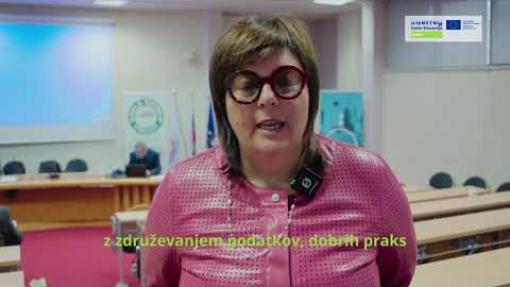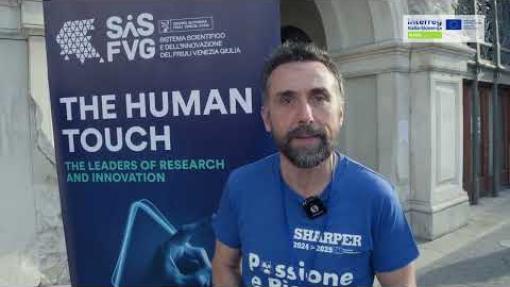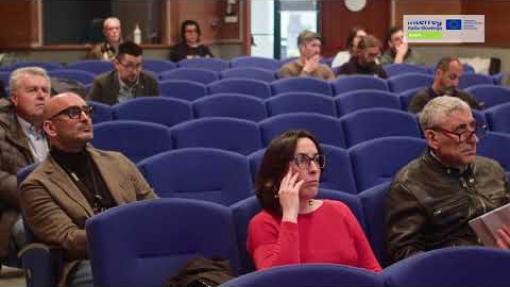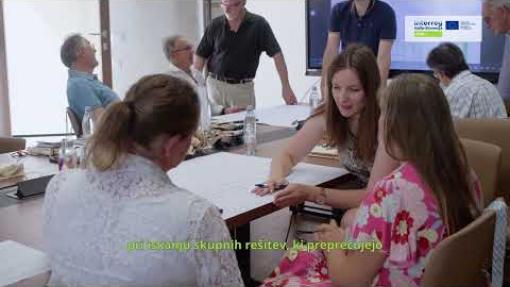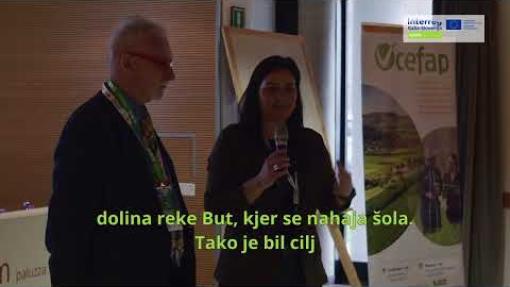
WABIN
Specific objective: SO 4 - Promoting climate change adaptation and disaster risk prevention, resilience, taking into account eco-system based approaches
Typology: Standard project
The WABIN project tackles the need, identified by the Italy-Slovenia Programme, to propose and implement specific interventions to promote adaptation to climate change, sustainable water management and protection of water and hydrogeological resources from economic, social and environmental perspectives. The cooperation area presents critical issues in terms of nonhomogeneity of water availability in time and space and water management inefficiency. This condition leads to alterations in natural hydrological regimes caused by excessive withdrawal pressure, a poor vision of water consistency and an intensification of the effects of climate change
- the WABIN project aims to promote the sustainable management of water resources and the protection of aquifers through the integration of methodologies applied at hydrogeological basin level with the support of water balance forecast models useful for obtaining reliable estimations on consistency and use of water resources.
- Promove the application of adequate and inclusive participation tools to intervene on adaptation to climate change and on the phenomena of contamination, waste and water risk.
Outputs envisaged in the WABIN project:
1) definition of the integrated methodological package for the characterization of hydrogeological basins to determine the production potential of natural water resources in relation to the effects of climate change, through the available datasets and those newly acquired in the cross-border context;
2) dynamic and scenario modelling of hydrogeological basins based on a conceptual hydrogeological model (in 3D) of the Isonzo basin (test site) to obtain the water balance and future forecasts on water resources, especially in relation to climate change. They are extremely useful for preserving the balance between water availability and demand and determining the safety margins for water storage and control;
3) identify the cross-border memorandum of understanding based on the establishment of a network and an action strategy for the protection, monitoring and management of water resources in hydrographic contexts, through public-private participation processes carried out jointly on the Italian and Slovenian borders;
4) encourage the active participation of citizens to inform, educate and raise awareness among the population about the protection of water resources, according to a sustainability scheme and conscious management of water, given its scarcity.
Particularly relevant will be the project outputs and related results, from which various target groups will benefit of:
1) the formal WABIN Partnership supported by the establishment of the public-private cross-border network of the memorandum of understanding for the protection, monitoring and management of the resource water at a hydrogeological level;
2) the conceptual hydrogeological and cross-border water balance model created with integrated water management methodologies;
3) the cross-border Memorandum of Understanding, a strategic document defined by the pilot actions which includes the identified territorial needs, existing good practices, integrated water monitoring and management methodologies for the definition of common planning objectives of the hydrographic districts on the basis of the policies of local development of the territories.
4) Education and awareness initiatives aimed at citizen’s participation. The focus is to transfer knowledge on the protection, monitoring and management of water resources in the various areas of use (civil, agricultural and industrial). Good practices for the risk of drought, floods, landslides and hazards will be addressed through contests for young people and citizen science initiatives.
